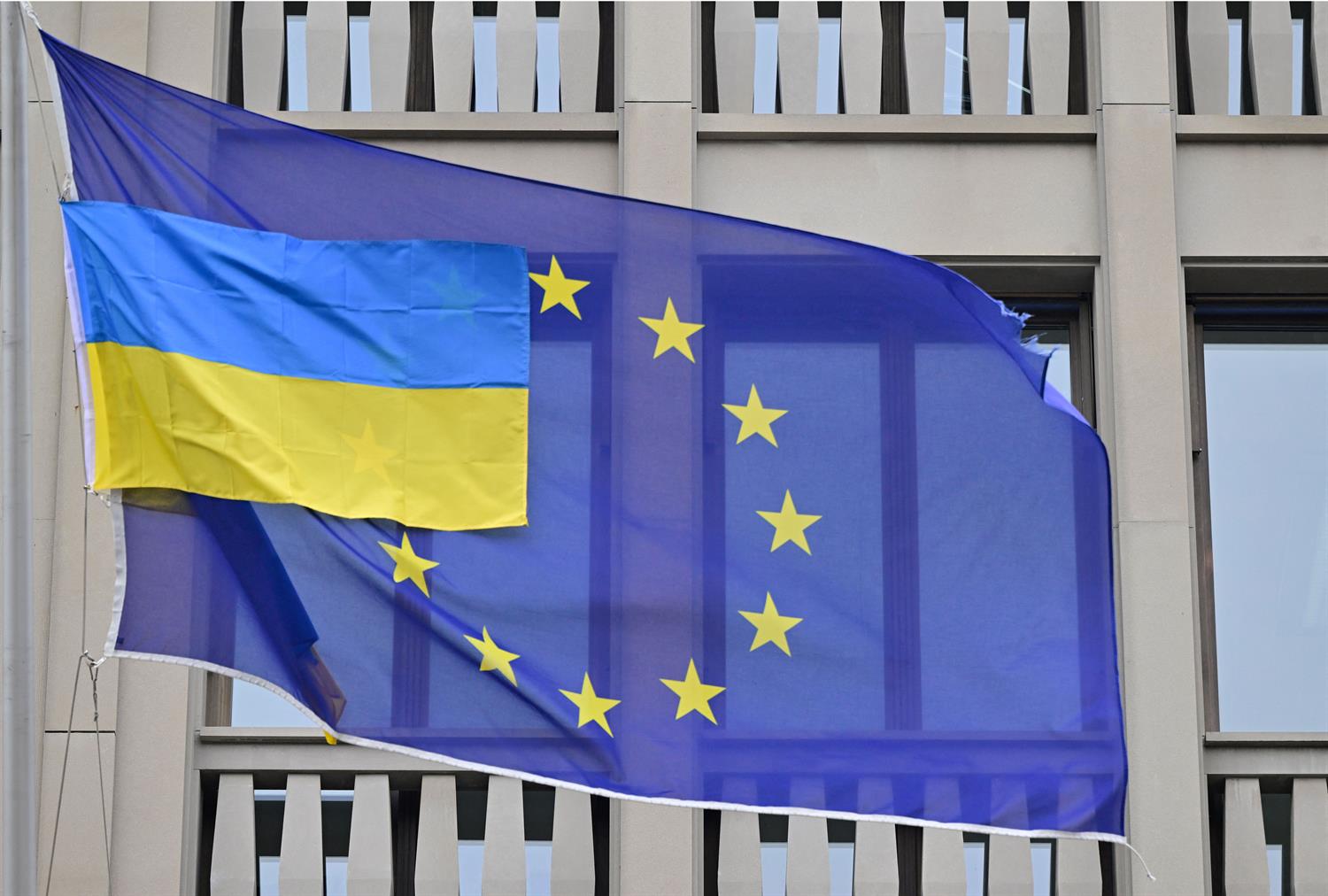Corina Stratulat

Before 24 February, Europe decidedly defined itself as 'post-war'. But since Putin's full-scale, cold-blooded invasion of Ukraine, war again defines the Union's reality. Damage control is the main priority now — but knee-jerk reactions and moral outrage do not amount to a strategy, argues Corina Stratulat.
To create a future that stops perpetuating the past, the Union and its member states must also start to critically contemplate how they got into the current predicament and change course. Three lessons stand out:
First, since the fall of the Berlin Wall in 1989, overconfidence in its own allure and model has skewed the EU's perspective of itself and the rest of the world. While freedom, pluralism and liberal democracy remain attractive, liberal expectations that the Union would be able to convert even its immediate neighbourhood – let alone the world – to its image have proven illusory. Despite almost two decades of European integration, democratic performance has still not acquired a positive dynamic in the Balkans. And yet the membership card has now been confidently and imprudently put on the table for Ukraine and other eastern countries, posing as a solution to the current crisis. Without practising humility, the EU stands to persevere in its confirmation biases and continue to evade learning.
Second, the EU's unrealistic aspirations to global hegemony have long been concealing a policy of double standards both at 'home' and abroad, piling up accusations of hypocrisy. While the EU was pretending to be a shining example of liberal democracy, several member states have taken full pages from Putin's autocratic playbook or put their own interests ahead of the Union's 'sacred' democratic values — faults easily exploited by illiberal actors, like Putin. Dressing up the EU's foreign policy ambitions as efforts to revive global democracy will remain a hypocrisy trap, including in Ukraine now.
Third, a misplaced acceptance of the status quo has prevented the EU from getting to the bottom of the many crises it has been grappling with for decades. But the Union cannot wish away systemic risks or escape the fact that dealing with today's enormous challenges will require deep and brave reforms across the board. The stresses of cumulative crises, crowned now by the ongoing war, give the Union a chance to plan the future. The choices that the EU will make in the coming years will determine what the Union truly values and whether it will be able to preserve its own way of life.
If the EU is keen to maintain the normative power of its liberal values in an increasingly illiberal environment, it should obsessively focus on making liberalism its sign of distinction from the outside world, not a model to transform others. The Union has to learn to live by example and will have to work hard to become exemplary.
No comments:
Post a Comment